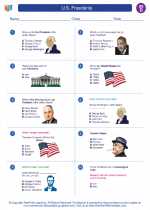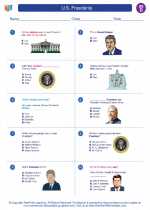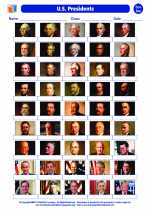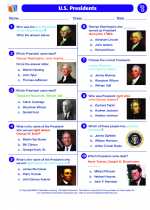Freedom of Religion
Freedom of religion is a fundamental principle that allows individuals the freedom to practice any religion of their choosing, or no religion at all, without fear of persecution or discrimination. This principle is protected by law in many countries and is often considered a basic human right.
Study Guide
What is Freedom of Religion?
Freedom of religion is the right to practice one's religion or belief without interference from the government or other individuals. It also includes the freedom to change one's religion or hold no religious beliefs.
Why is Freedom of Religion Important?
Freedom of religion is important because it allows individuals to express their beliefs and values, fosters a diverse and inclusive society, and promotes tolerance and understanding among different religious groups.
How is Freedom of Religion Protected?
In many countries, freedom of religion is protected by law, such as in the United States where it is enshrined in the First Amendment of the Constitution. International human rights declarations and conventions also recognize freedom of religion as a fundamental right.
Examples of Freedom of Religion in History
- The Pilgrims seeking religious freedom in America in the 17th century
- The abolition of religious discrimination in many countries during the 18th and 19th centuries
- Civil rights movements advocating for religious equality and freedom in the 20th century
[Freedom Of Religion] Related Worksheets and Study Guides:
.◂Social Studies Worksheets and Study Guides Fourth Grade. U.S. Presidents

 Worksheet/Answer key
Worksheet/Answer key
 Worksheet/Answer key
Worksheet/Answer key
 Worksheet/Answer key
Worksheet/Answer key
 Worksheet/Answer key
Worksheet/Answer key
 Worksheet/Answer key
Worksheet/Answer key
